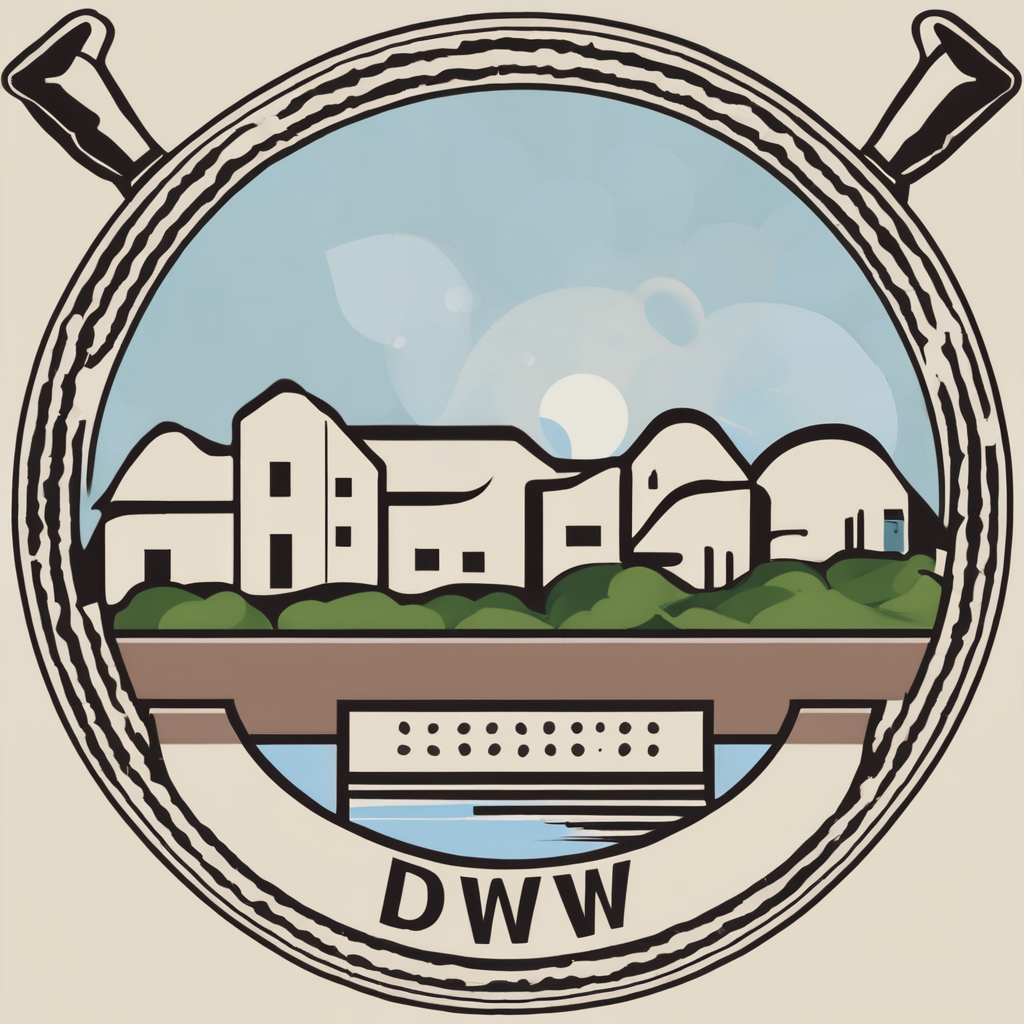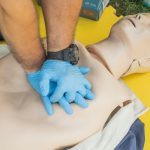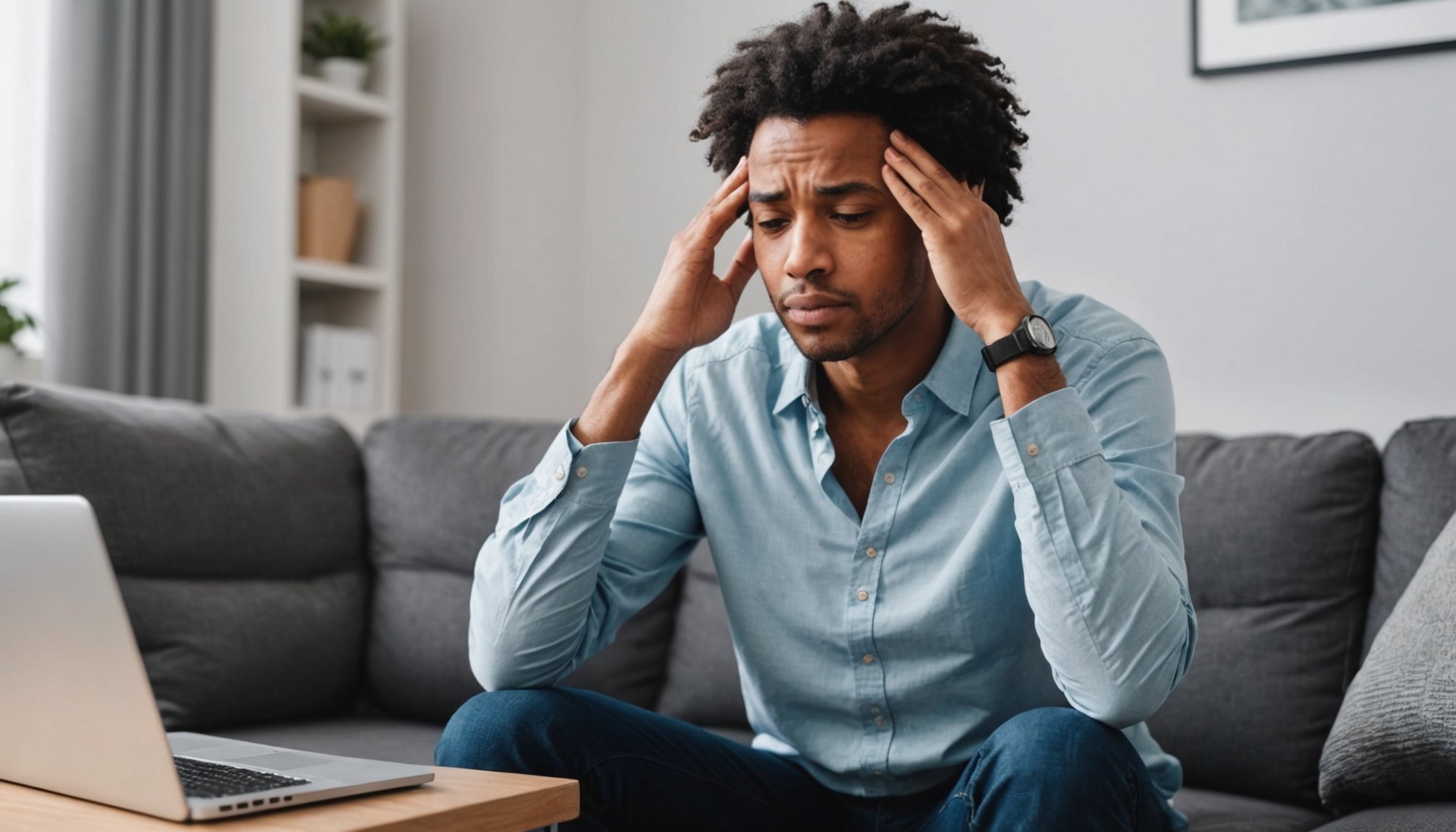Anxiety often feels overwhelming, affecting both body and mind in ways that disrupt daily life. Understanding its symptoms and triggers helps create effective coping strategies. Practical techniques like mindfulness, breathing exercises, and therapy empower you to regain control and reduce distress, turning anxiety from a barrier into a manageable challenge. This approach encourages gradual progress and lasting resilience.
Understanding Anxiety: Signs, Symptoms, and Causes
The site https://anxietychecklist.com/ emphasizes that anxiety manifests through diverse physical, mental, and behavioral symptoms. Common signs include restlessness, muscle tension, rapid heartbeat, dizziness, difficulty concentrating, and irritability. These symptoms can significantly disrupt daily routines and relationships.
In the same genre : Revitalize your eyes: top treatments for dark circles
Triggers for anxiety vary widely, encompassing stress at work, relationship issues, or health concerns. Sometimes, triggers are unclear, making management more complex. Underlying causes involve biological factors, past experiences, or environmental influences, which require personalized coping strategies.
Effective management techniques incorporate relaxation methods like guided breathing exercises, mindfulness, and progressive muscle relaxation. Cognitive-behavioral approaches, available via online guides, help reframe unhelpful thoughts. Maintaining awareness of personal triggers through journaling can foster understanding.
Additional reading : Transform your struggles: fritzrovia men counselling awaits
Handling anxiety attacks through grounding techniques and avoiding avoidance behaviors promotes resilience. Adopting healthy lifestyle changes, including balanced diet, physical activity, and adequate sleep, supports overall well-being.
Techniques and Strategies for Managing Anxiety
Progressive muscle relaxation and deep breathing exercises are reliable anxiety disorder coping methods, especially useful during sudden anxiety attacks. Precision-focused, start by inhaling deeply, holding for a count of four, and releasing slowly. Repeat to help calm nerves in moments of high stress, pushing unwanted tension from your muscles. As you practice, you develop effective anxiety control approaches that ground the body and mind.
Mindfulness for anxiety reduction brings attention to the present. Instead of worrying about what might happen, simply observe thoughts without judgment. This method, alongside meditation, is a recognized anxiety symptom self-help technique and is strongly recommended in educational anxiety management materials.
Cognitive behavioral strategies for anxiety often use self-guided worksheets and journaling for anxiety awareness. Writing helps identify anxiety triggers and thought patterns, making managing anxiety in daily life more feasible.
Establishing self-care routines for anxiety—like regular exercise and sleep improvements for anxiety sufferers—can bolster resilience. Even small lifestyle changes for anxiety ease, such as gentle yoga, diet adjustments to reduce anxiety, and guided breathing exercises to calm nerves, support better emotional regulation for anxiety and more consistent stress reduction strategies.
Professional Support and Treatment Options
Therapy plays a central role in effective anxiety disorder coping methods. Cognitive behavioural strategies for anxiety, such as those practiced in CBT, directly address negative thinking patterns and help individuals gain practical skills for managing panic symptoms. Techniques for anxiety relief offered in therapy include guided imagery, progressive muscle relaxation, and worksheets for anxiety control, all designed for skill-building and confidence.
Pharmacological options for anxiety, including medications prescribed by a healthcare professional, may be considered when symptoms do not improve with self-help or therapy alone. A clinical approach, supported by accurate tracking anxiety symptoms, helps determine when medical help should be sought. People are advised to explore effective anxiety control approaches and to discuss both pharmacological options for anxiety and holistic anxiety treatment options with their GP if daily functioning is strongly affected.
The NHS provides accessible support through free talking therapies and online educational anxiety management materials. Those unsure about the next steps can utilize guided anxiety management programs, reliable apps for anxiety tracking, and resources outlining the best anxiety management practices. Self-referral is also possible, ensuring individuals take control of their recovery journey with timely access to professional assistance.
Additional Resources and Future Directions
Natural anxiety relief options include herbal supplements like passionflower or valerian, known for their mild calming effects, and aromatherapy practices such as using lavender. Complementary therapies—yoga, meditation, and art therapy—often supplement anxiety disorder coping methods and can be incorporated within daily routines. For digital support, anxiety support tools and apps like guided breathing exercises and mood trackers are practical, allowing easy access to calming exercises for anxiety wherever you are.
Educational anxiety management materials, including online anxiety management courses and best books on anxiety relief, facilitate ongoing self-help. Many guided anxiety management programs offer structured worksheets for anxiety control, aiding in identifying anxiety triggers and tracking anxiety symptoms over time. These resources cater to various needs, ranging from managing panic symptoms to addressing anxiety and depression symptom handling.
Ongoing research explores biofeedback for anxiety control and digital therapeutics as emerging support options. Evidence-based techniques for anxiety relief—such as progressive muscle relaxation for stress and mindfulness for anxiety reduction—demonstrate promise in clinical studies. Monitoring science-backed anxiety-friendly habits helps steer future treatments and broadens access to innovative approaches.
Libraries, app libraries, and online platforms frequently update their recommendations, ensuring reliable natural anxiety relief options and effective anxiety control approaches remain accessible for everyone seeking to improve their mental wellbeing.






